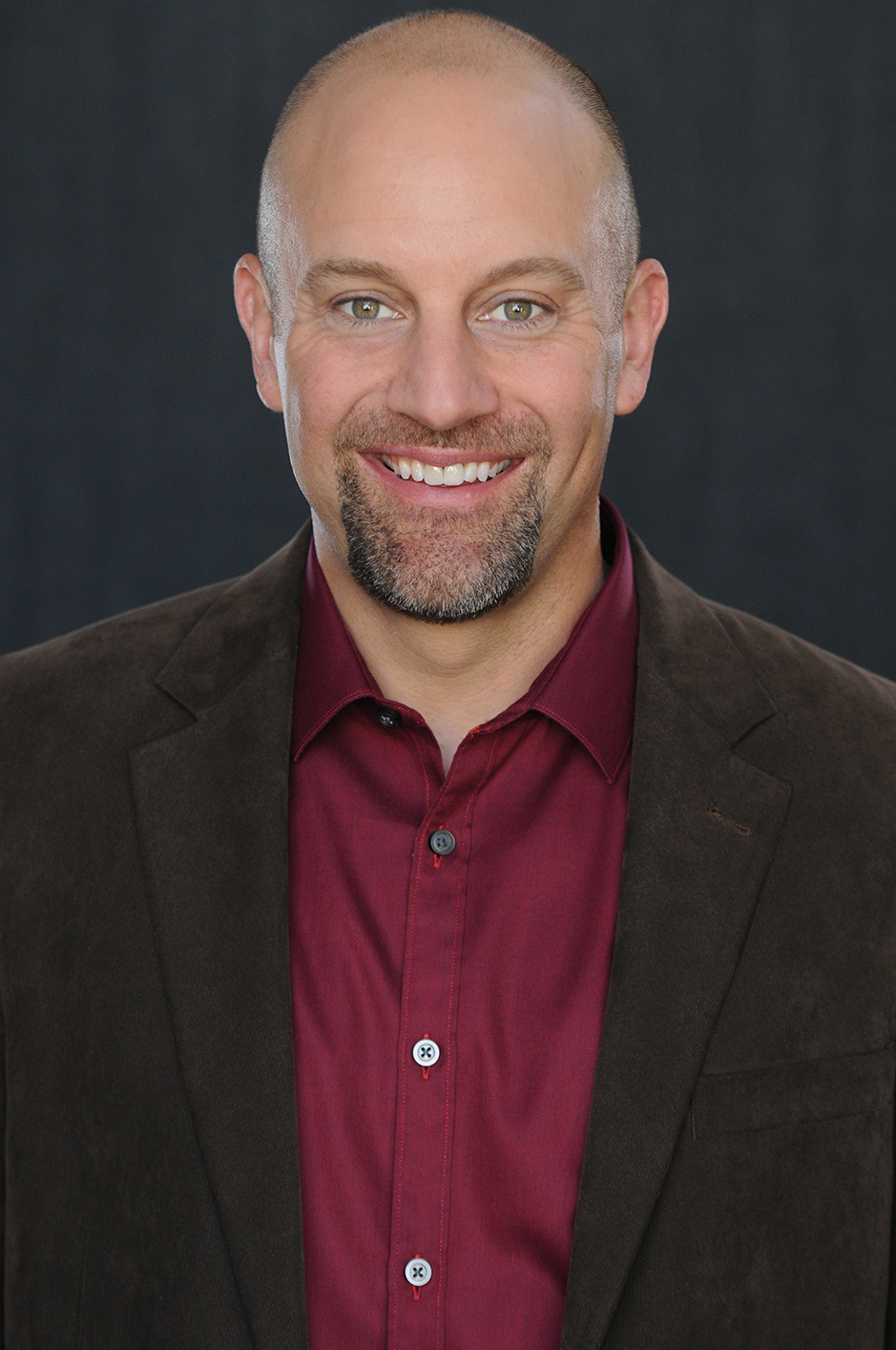
If you’re anything like me, you’ve probably spent more time than you’d like to admit trying to “fix” your “flaws.” Although I may pretend otherwise, many of my goals, desires, and even my motivation to grow and change has often come from a deep place of insecurity within me – thinking that if I could fix what was wrong with me, then everything would be okay. I recently had an insight (one which I’ve had before but this time, it came to me at a deeper level) that maybe instead of focusing on “fixing” my “flaws,” it’s more important to love your flaws and accept them instead.
I’ve resisted this notion of loving my flaws for most of my life, worrying that if I loved the things I thought were wrong with me, they’d somehow never change, and I’d be stuck with them.
However, it is really love that leads to healing and transformation – which ultimately can create the actual change we say we’re looking for, or a true sense of acceptance that gives us access to authentic freedom and liberation, regardless of circumstances.
At a deep level, our “flaws” are subjective and based on our interpretations, perspectives, and judgments. We obsess about certain aspects of our body or appearance, personality, life, or work circumstances and deem them unacceptable.
But, the truth is, these things are just as they are – we add meaning and interpretation to them.
Regardless of how philosophical we get about it, most of us as human beings experience a sense of feeling flawed in certain aspects of our lives and at particular times in life. There is nothing wrong with us for feeling this way. Although, as we each know from experience, feeling flawed can rob us of our energy, passion, happiness, confidence, and life. It’s one of the most painful ways we allow our ego to run our lives, and it can have devastating consequences if we’re not conscious of it.
How to Love Your Flaws
Here are some ideas about how we can move through our experience of feeling “flawed” and to a place of acceptance, compassion, and love.
1. Acknowledge what’s true for you.
The first step in almost every process of growth and change is about telling the truth instead of trying to avoid, run from, or pretend our “flaws” away.
But, if we relate to some aspect of our bodies, personalities, relationships, careers, or lives in general as a flaw, we first have to get real about it if we’re going to do anything about it.
2. Admit and express the underlying emotions.
If we can identify, acknowledge, and ultimately express the genuine emotions we’re experiencing related to this perceived flaw, we can create a real sense of liberation for ourselves.
If a specific aspect of your personality, body, or career bothers you and you find yourself feeling ashamed – as uncomfortable or negative as it may seem, the best thing you can do is acknowledge and express your shame.
Emotions become positive when they are appropriately expressed. They turn negative when you deny and repress them.
Although this is a different understanding of emotions than we’ve been taught, we’ve all had many liberating and positive experiences when we’ve expressed “negative” emotions (like sadness, anger, fear, and more).
By expressing our real emotions, we can unlock and unhook ourselves from the drama and suffering of the situation, which is caused by our denial and repression of these emotions, not the feelings themselves.
3. Forgive yourself.
Forgiving yourself plays a huge role in learning how to love your flaws. This is something that many of us, myself included, don’t have a lot of experience with.
Most of us have been trained to be hard on ourselves and that forgiveness must come from someone or something outside us. However, true forgiveness comes from within us and is what ultimately sets us free.
When we feel “flawed,” we often have a lot of blame and judgment – some of which may be directed towards other people or situations, but beneath that, most of it is directed at us. When we can forgive ourselves authentically, we create the space for real change and healing.
4. Appreciate.
The word appreciate doesn’t necessarily mean like, agree with, or enjoy.
Appreciate means to recognize the value of something.
What have you learned about yourself and life by dealing with this “flaw?”
While pain and challenges are not the only ways to grow in life, one of the many benefits of our issues is that we get to learn a great deal about ourselves, others, and life in the process of dealing with them.
When we reach a state of genuine appreciation and gratitude for the learning associated with the difficulty, we can move out of feeling sorry for ourselves (which never helps). It’s impossible to experience gratitude and victimhood simultaneously.
5. Love.
The ultimate antidote for all suffering is love. Your ability to love your flaws and care for them with kindness and compassion (as you would for a child, a pet, or a loved one) will ultimately heal you and allow the true transformation you’re looking for to take place.
Love is the most powerful force in the universe. When we love our flaws, we create an environment where we can either make the specific changes we truly want (from an authentic place of intention) or learn to love and accept ourselves whether an actual “change” takes place.
Any issue, malady, or problem that shows up in our lives is an opportunity for us to deepen our capacity for love, acceptance, and compassion.
All of these things, in my own experience, are much easier said than done. And, when we can tell the truth, express our real emotions, forgive ourselves, appreciate our flaws, and bring love to all aspects of our lives (both light and dark), we allow ourselves to transcend our flaws in an authentic way.
Loving your flaws takes a great deal of intention, support, compassion, and patience. It’s much easier to take a pill, avoid ourselves, get busy and distracted, whine and complain, pretend things are “fine,” and various other things we’ve learned to do in life.
Leaning into our “flaws” authentically and doing so with acceptance of ourselves is how we can genuinely heal and end the cycle of suffering.
How can you appreciate and love your flaws as a way to create freedom in your life? Share your thoughts, action ideas, insights, and more below.


